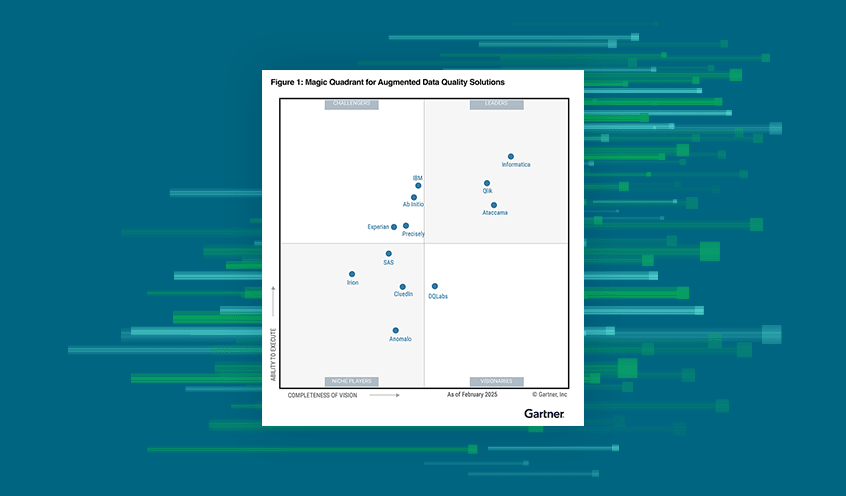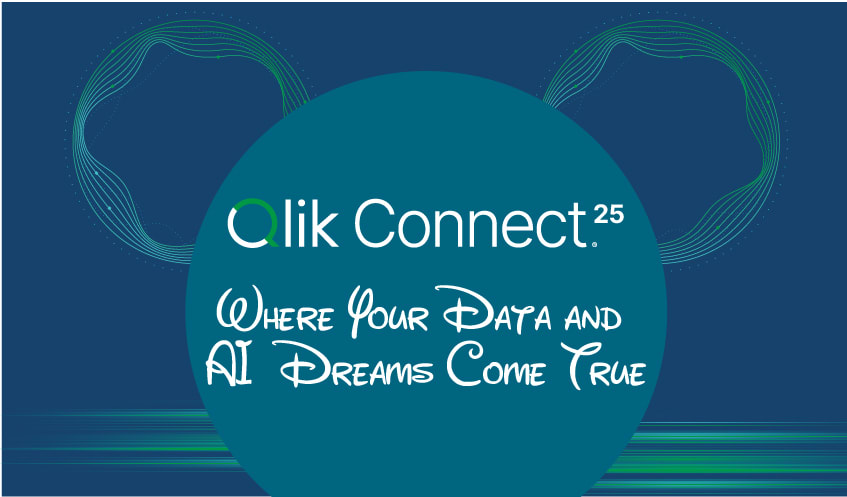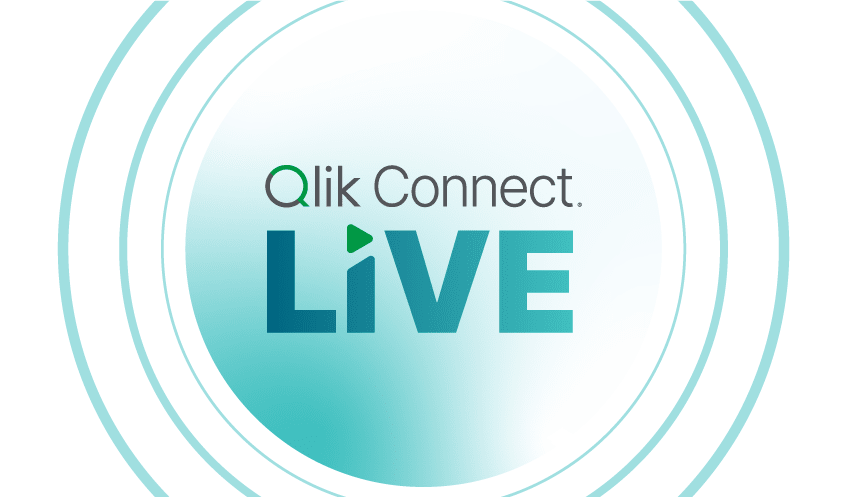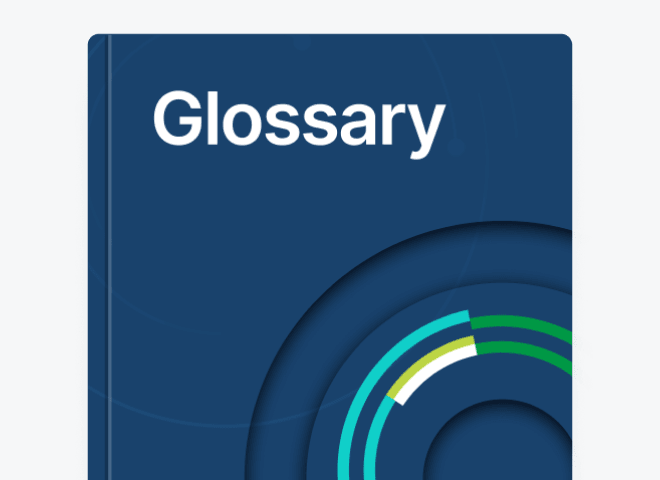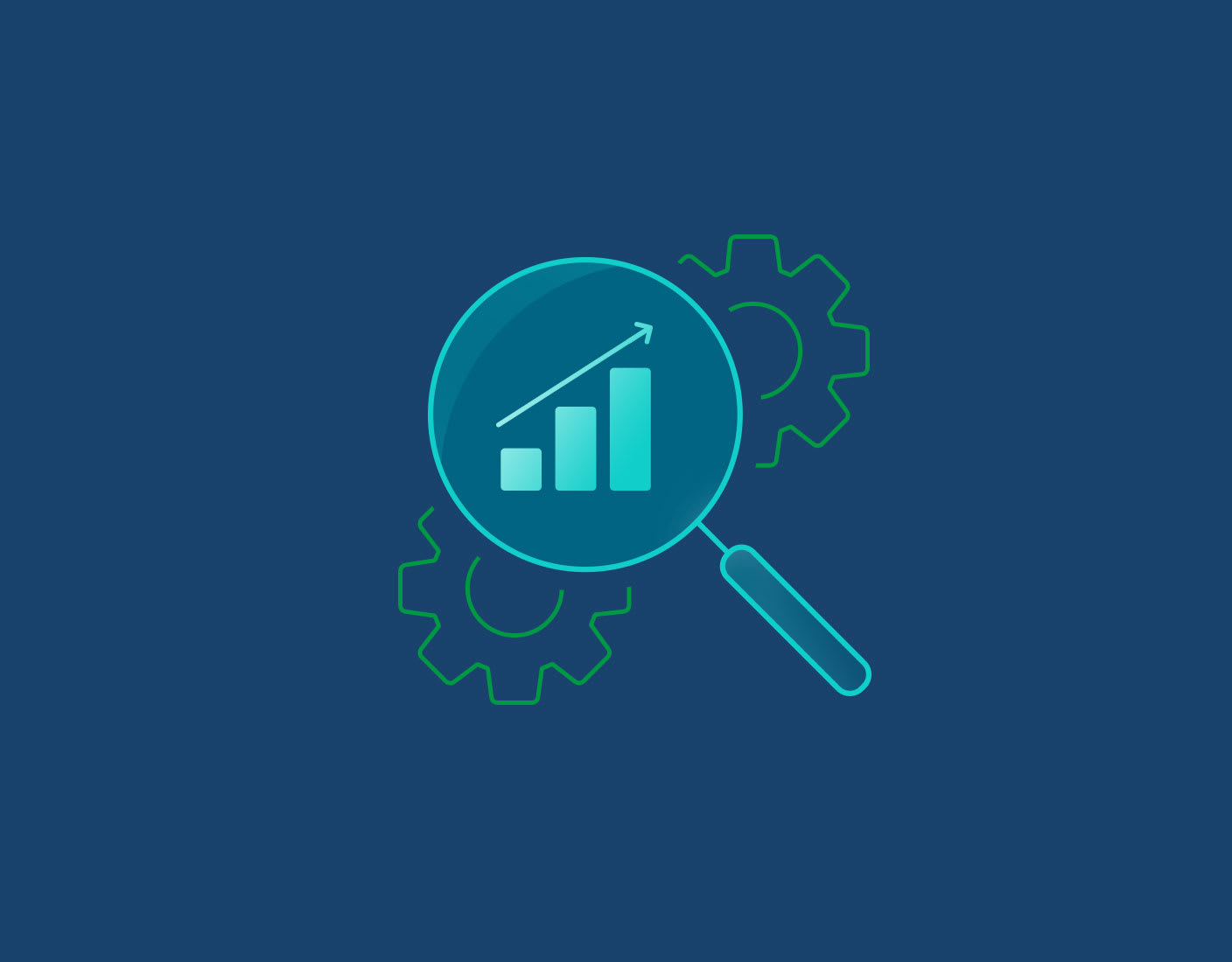How Cloud Data Integration Platforms Help Large and Midsize Enterprise Companies?
Scalability and Flexibility
CDMPs are critical because they offer better scalability, flexibility, and cost efficiency than traditional on-prem solutions. They scale automatically with data growth, so your business can manage increasing data volumes without massive infrastructure overhauls, like:
Hardware upgrades
Purchasing additional software licenses
Expanding data centers
Enhanced Data Security and Compliance
CDMPs provide advanced encryption and access controls to safeguard data across distributed environments. They also automate compliance with global regulations to help make sure your data governance policies are consistently applied without manual intervention (and the risk of human error that manual intervention entails).
Improved Collaboration and Accessibility
The best CDMPs facilitate real-time data sharing across departments and locations. These tools support seamless integration with various data analysis and visualization tools, helping you remotely and securely access data resources from any device.














